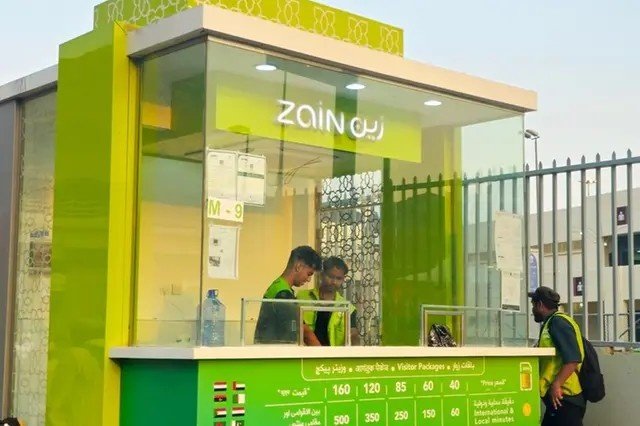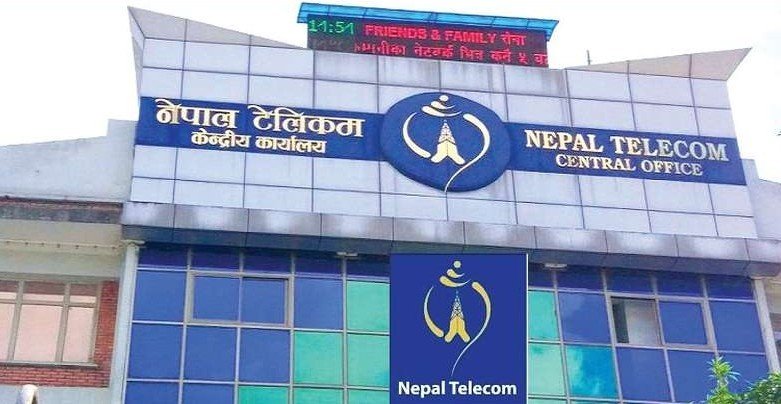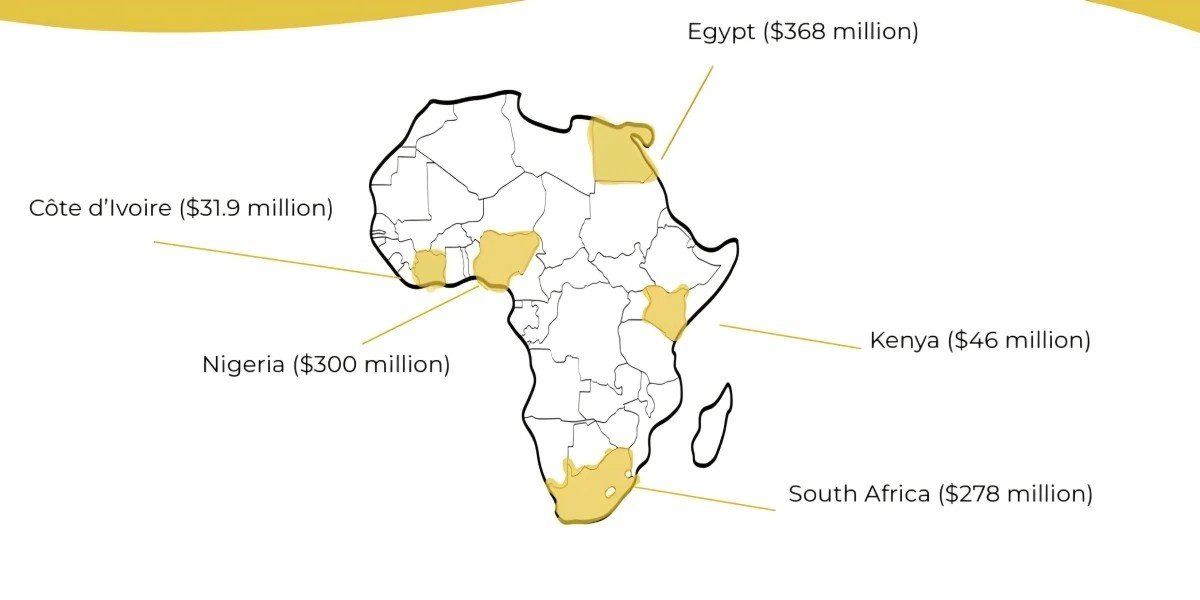The PTCL Group, Pakistan’s largest telecom conglomerate, is encountering increasing financial difficulties, even as it reports higher revenue growth. Similar to other state-owned entities like Pakistan Steel Mills, Pakistan International Airlines (PIA), and Pakistan Railways, PTCL is grappling with rising losses amid operational challenges.
For the first nine months of 2024, PTCL reported a 15.3% increase in revenue, reaching Rs160.6 billion compared to the same period last year. This growth is primarily attributed to strong performance in the consumer segment, bolstered by fixed broadband, mobile data, and wholesale business solutions. However, despite this revenue increase, the company posted a net loss of Rs15.3 billion, highlighting ongoing financial strain.
The PTCL Group, which includes PTCL, Ufone, and U Microfinance Bank (Ubank), plays a crucial role in Pakistan’s internet infrastructure. PTCL remains the leading provider in internet wholesale services and maintains a significant market share in both retail internet and telephone sectors, as well as its cellular network.
PTCL was partially privatized in 2006 when the Pakistan government sold a 26% stake to the UAE-based Etisalat Group as part of a $2.6 billion deal, retaining a 62% ownership stake. At the time of privatization, PTCL reported a profit of Rs28 billion, but profits have consistently declined since then. By 2023, the PTCL Group reported a net loss of Rs14.1 billion, despite a 25.8% increase in revenue to Rs190.6 billion for the year. This downturn is largely attributed to losses at Ufone, despite the mobile operator achieving a revenue growth of 25.6%.
Analysts point to high administrative and financial costs, estimated between 8% and 10% of total revenue, as a key factor in PTCL’s ongoing struggles. Critics argue that PTCL’s management continues to operate with the inefficiencies typical of a public sector entity, failing to adopt the leaner practices common in private enterprises.
“The management needs to run PTCL like a private company, but it still behaves like a typical state-owned enterprise, similar to PIA or Pakistan Railways. The main difference is that PTCL’s top management isn’t Pakistani,” remarked Nasheed Malik, a financial analyst at Topline Securities. He expressed concern that the situation could worsen if PTCL moves forward with its acquisition of Telenor Pakistan without addressing internal inefficiencies.
PTCL has not provided detailed comments on the current financial situation, with officials indicating that more information will be revealed during the next quarterly results briefing.
The ongoing situation raises questions about PTCL’s future and the effectiveness of its partial privatization strategy as the telecom giant struggles to balance revenue growth with rising operational costs.















